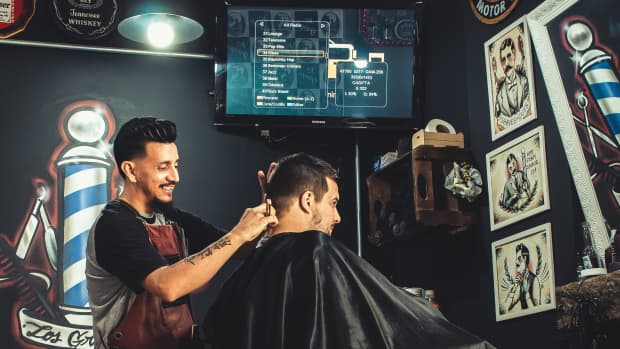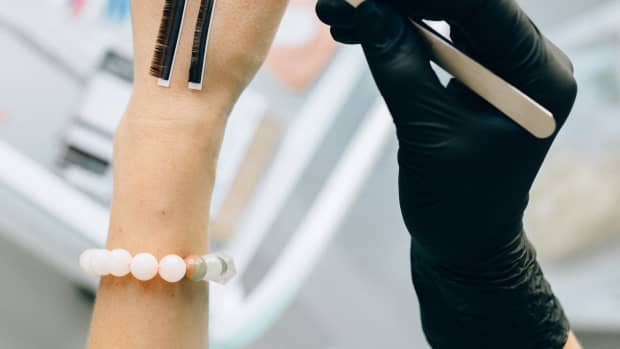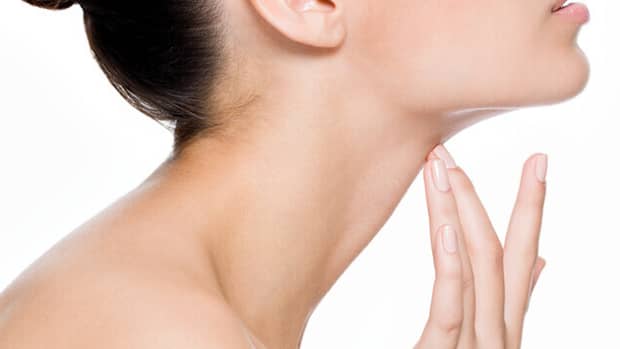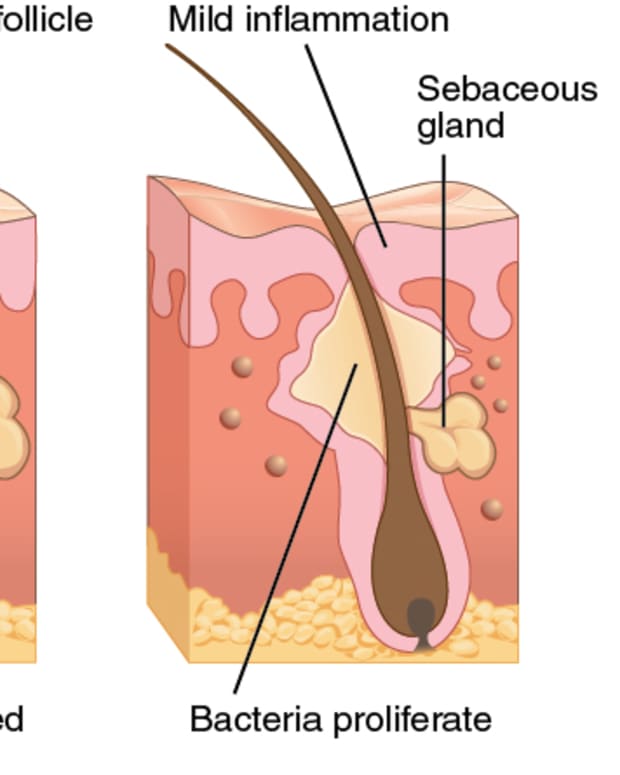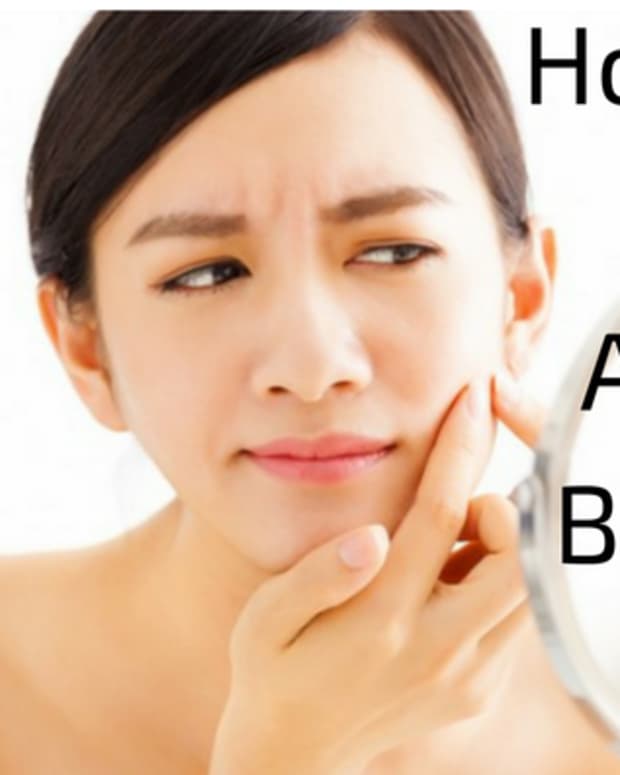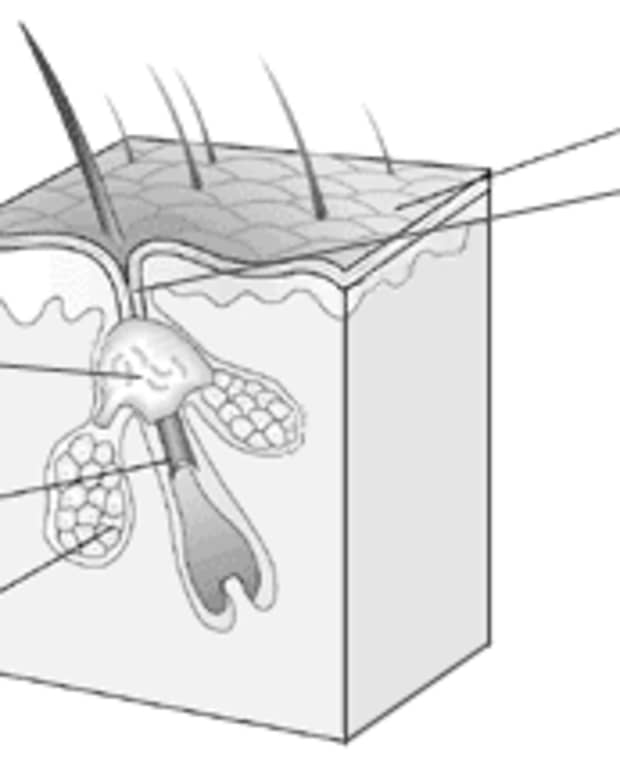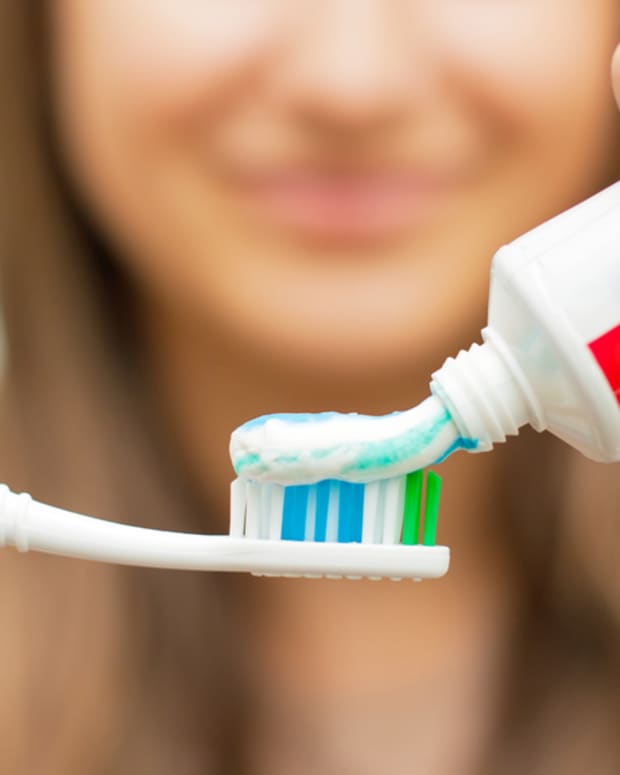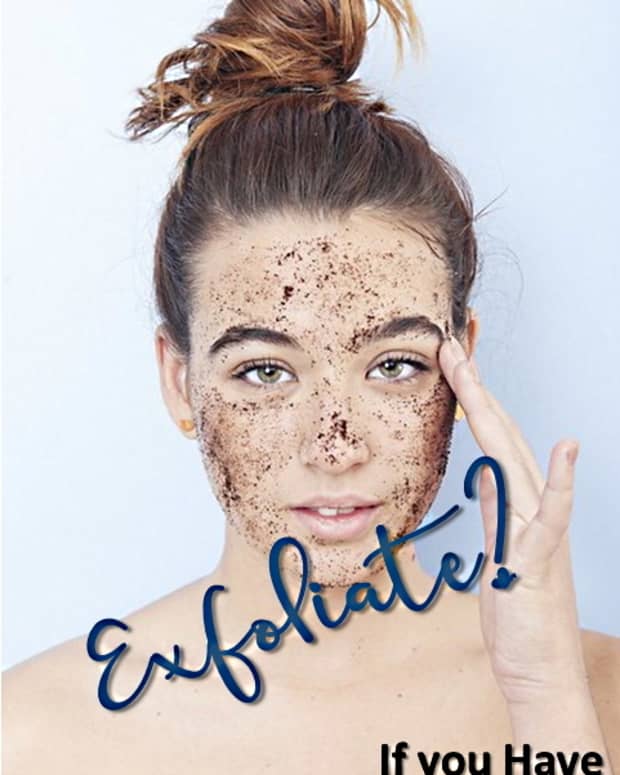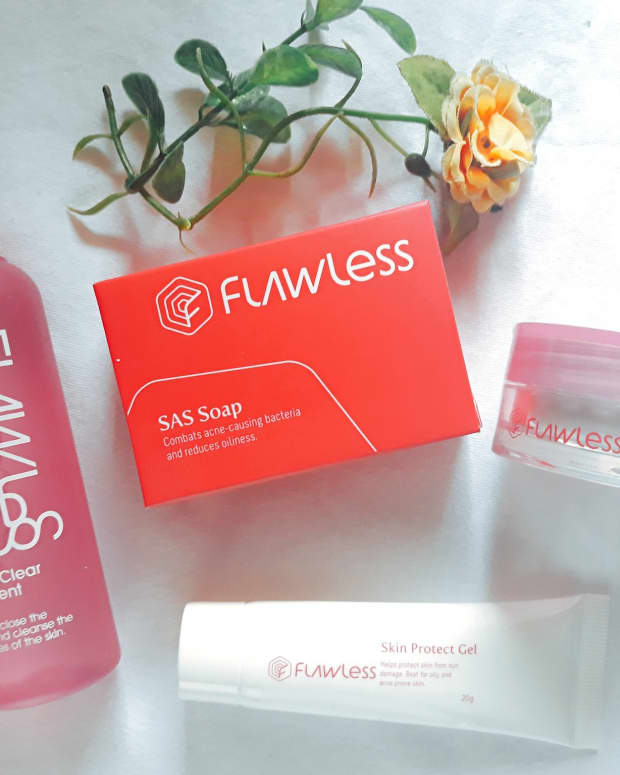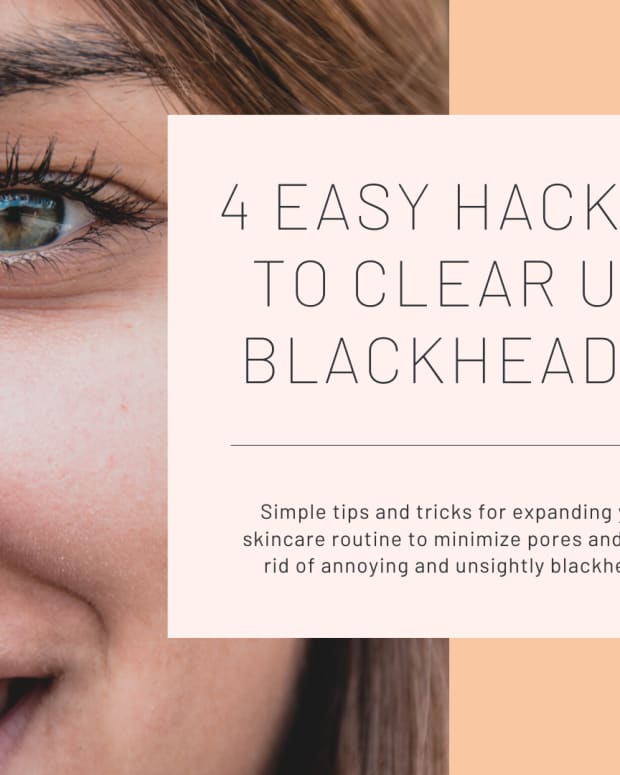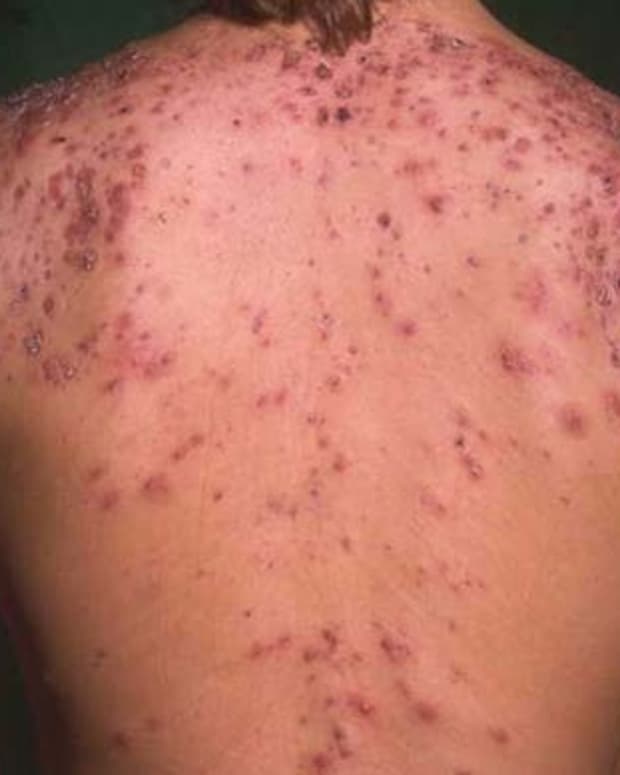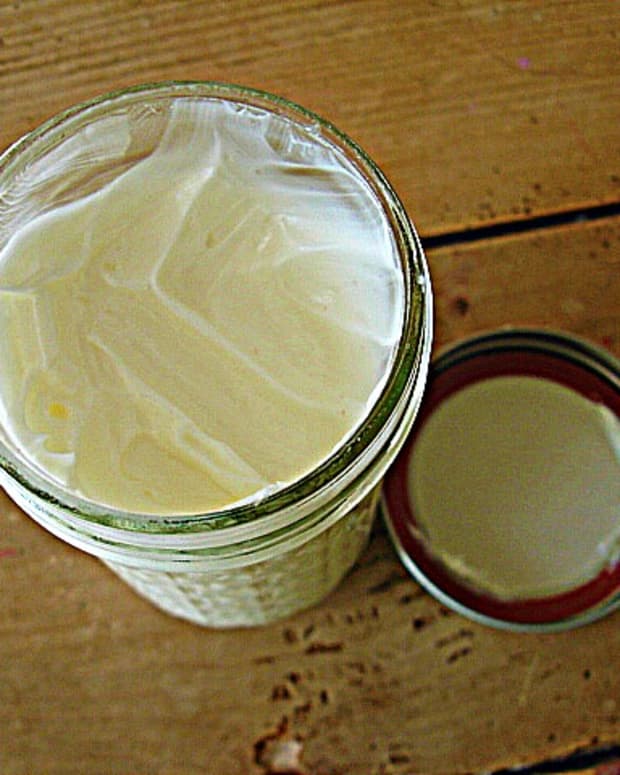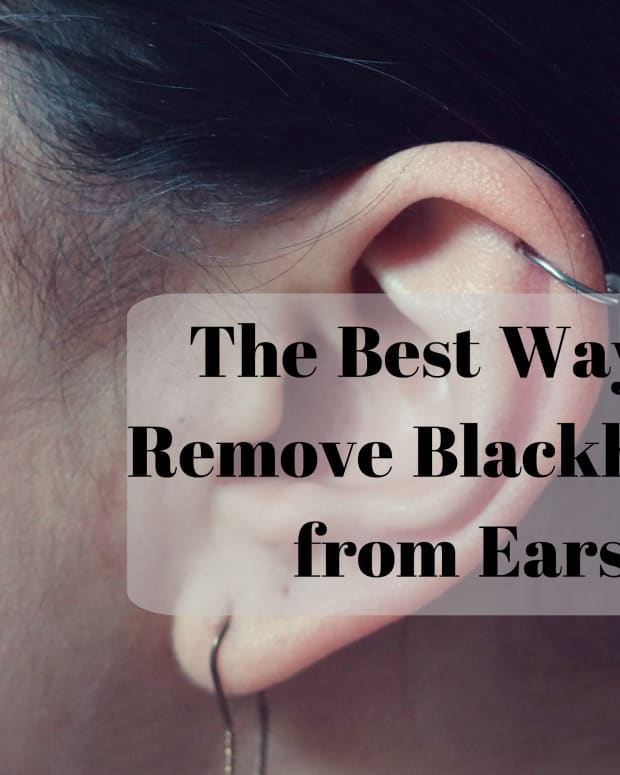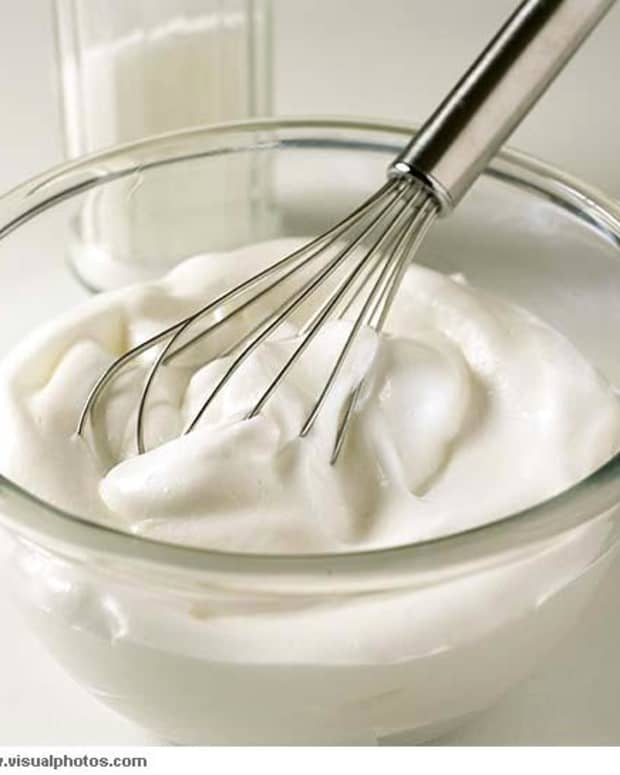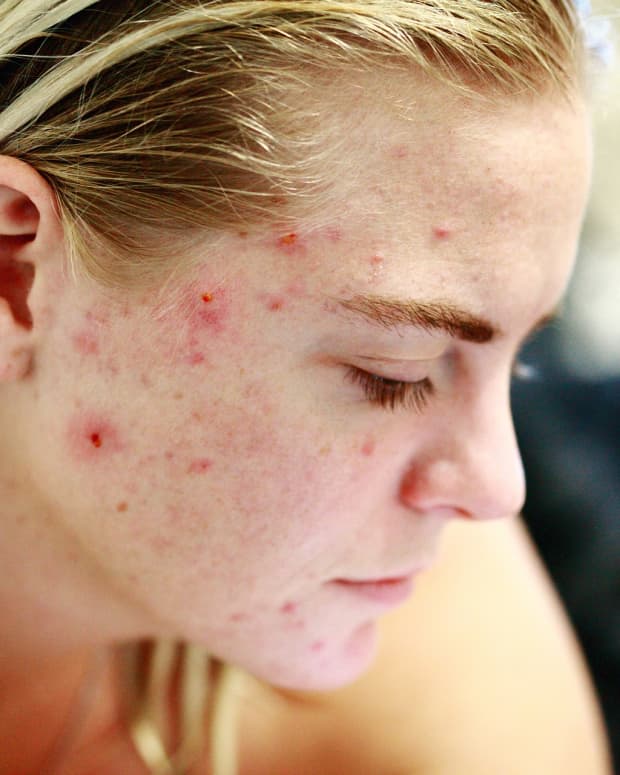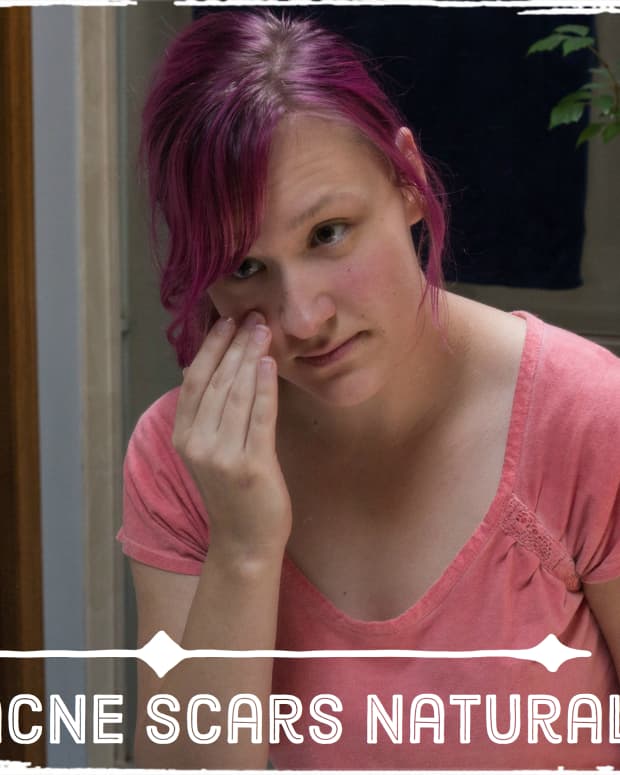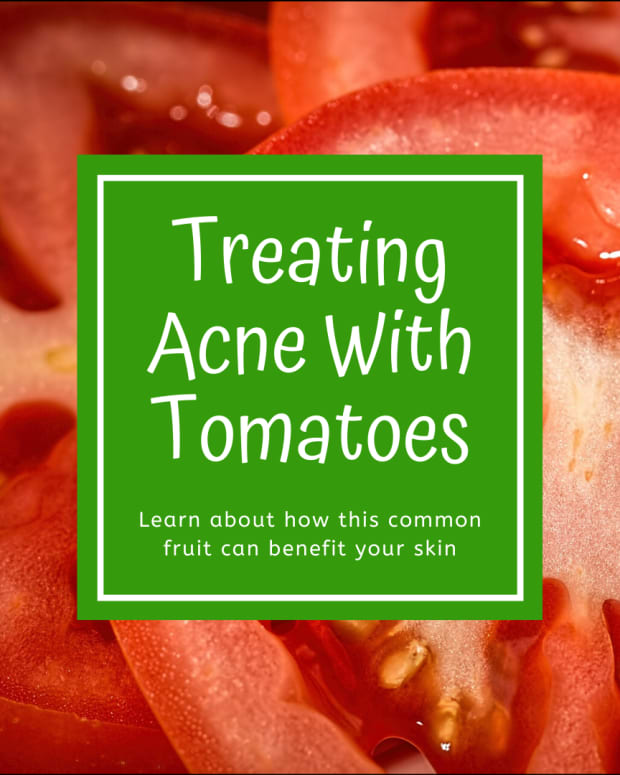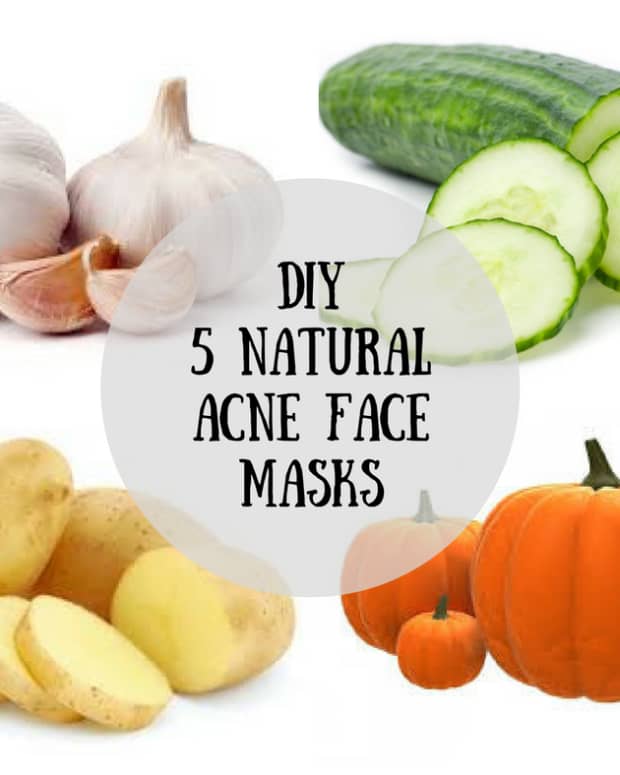The Inexpensive Trick for Getting Rid of Body Acne
Having experienced acne for many years, I've found these simple steps have been effective in helping me prevent it from reoccurring.
Getting rid of body acne can be a daunting challenge. I have dealt with the pain and embarrassment of persistent breakouts on my face, chest, and back since I was a teenager. If you have had the cystic, pus-filled version of body acne then you know how painful those ugly eruptions can be.
Many remedies were recommended to me (some really costly), including antibiotics. I had doxycycline prescribed for long periods of time, but only got temporary relief and suffered from scarring. It was infuriating and hurt my confidence quite a bit. Initially, I thought I was cursed because while I was battling body acne, I also had to endure recurrent strep throat. Thankfully, I grew up to be a health professional. Now I know my misery was not the result of a terrible curse.
In this article, I want to share a safe, low-cost remedy that will definitely help with the breakouts on your face, chest, back, arms, and underarms.
How Does Acne Form?
The first step towards getting rid of acne is understanding how the pesky pimples form.
In most circumstances, acne occurs when the tiny pores of the hair follicles are plugged with oil and dead skin cells. The oil (sebum) is secreted into the hair follicles by a small gland in the skin (the sebaceous gland) to lubricate the skin and hair. When sebum and dead skin cells accumulate, they can clog the tiny pores of the hair follicle, forming a plug. The plug is then irritated by bacteria called Propionibacterium acne, resulting in inflammation of the tissues around the follicle. Some people have oilier skin naturally, but other factors such as increased physical activity or hormonal activity (such as during puberty or the menstrual cycle), can contribute to increased oil secretion and predispose one to acne.
In order to get rid of acne, or at least minimize the breakout so that it doesn’t look like a horrible skin condition, you have to consistently interrupt this process.
"Wash up" to Break the Acne-Forming Cycle
Sounds simple, right? Indeed, it is. Most adults have no problem showering. In fact, I used to shower quite regularly, but the annoying pimples kept showing up. So, I kept blaming my body lotion. But even when I abandoned it, I got no peace.
That's why I'm saying, "Wash up more often," and not, "Shower more often". Showering is great because it leaves you feeling fresh and confident. But depending on how you were taught to shower, it may not always leave your skin as free from grease and debris as it should be.
So what is "washing up", and how do you do it? Washing up means thorough cleaning of the skin. It’s about getting rid of the excess oil and dead skin that accumulates over time and later clogs the microscopic pores on the skin, resulting in pimples.
In order to cleanse thoroughly, you will need a firm but soft bathing sponge, non-medicated soap, and plenty of warm water. Using antibacterial soaps is generally not recommended, because they have no significant advantage over ordinary soap in skincare, yet they can promote bacterial resistance to antibiotics.
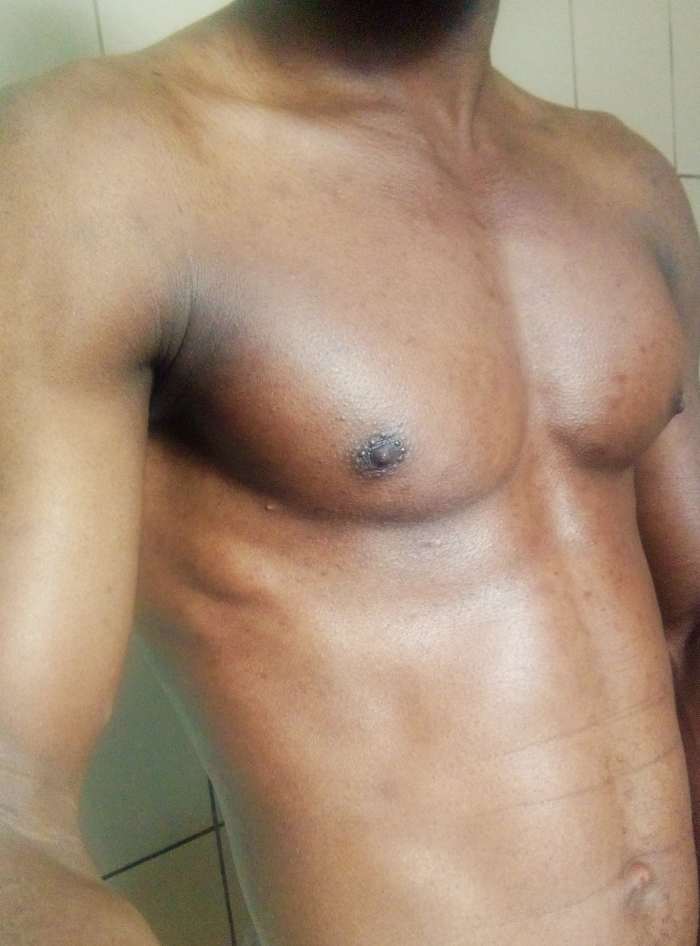
Apply a very thin layer of petroleum jelly on the whole body, to avoid the skin drying up. The skin should not appear shiny after applying the petroleum jelly. You can see that the scars seem to gradually disappear into my dark skin.
Read More From Bellatory
How to "Wash up"
- Wet the sponge and apply soap, then scrub the skin with firm, repetitive, circular motions, emphasizing areas where the eruptions commonly occur (you may use only your hands on the face—without the sponge). Do this over your whole body for about 3–5 minutes.
- Rinse the sponge with water to get rid of the dirt, then apply more soap to the sponge and repeat the scrubbing all over again for another 1–2 minutes.
- Rinse with warm water until no soap or lather is visible. Your hands should feel sticky on your skin once the soap is washed away. This is an indication that the grease and dirt are gone. The warm water helps to open the pores so that no excess oil remains.
- Dry with a towel and apply a thin layer of petroleum jelly over your whole body to avoid the skin drying up, which would cause increased oil secretion and result in more acne. The layer of jelly should be adequate, but thin, so that it does not make your skin appear shiny or greasy.
- If you have severe breakouts, repeat this "wash up" twice a day: in the morning and just before bed. You should see a significant improvement within two weeks. Once the acne improves, wash up only once a day. If your condition isn't severe, do this "wash up" once, immediately after a long sweaty day, and avoid applying deodorant before bed.
Minimizing Scarring
You can apply a topical antibacterial cream to help speed up the healing of the existing lesions. This can also help minimize scarring. The cream may also be useful for managing those pimples that will erupt as you progress towards complete freedom from acne. Within a month, all you will have to do is manage the scars. In my case (and I must mention that I am a black guy), the scars seem to gradually disappear into my dark skin, so they aren’t a problem.
Acne can affect both men and women at any age, and in similar ways—physically and psychologically. It can shatter your body image and self-esteem. Revealing clothing will almost certainly be a no-go for both men and women. Many good remedies have been suggested, and many of them actually control the break-outs. The problem is that at times, they can be costly or require rigorous lifestyle changes, yet the breakouts persist even when the correct treatment is performed.
I am no dermatologist or expert in skin conditions, but this simple method has worked for me at virtually no cost. It would be selfish of me to keep it to myself. If you see no improvement after a month, you should visit a specialist.
This content is accurate and true to the best of the author’s knowledge and is not meant to substitute for formal and individualized advice from a qualified professional.
© 2018 Ian Batanda
Comments
Ian Batanda (author) on February 13, 2019:
Thanks Harvey for the comment.
I hope the information in the article will help relieve your acne.
Ian Batanda (author) on August 03, 2018:
Thank you Helena for the comment.
I agree about the various types of acne. However, they all form in more or less the same way. Therefore if you can interrupt the process by which they form, you are highly likely to prevent them.
There are various treatments and medicines for acne, but unfortunately many of them are costly and they didn't work for my skin( I have an oily skin). That is why I decided to share a simple remedy that was effective for me and at no extra cost.
It is always important to seek specialist medical help, if there is no improvement.




